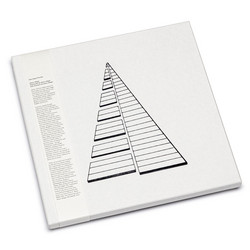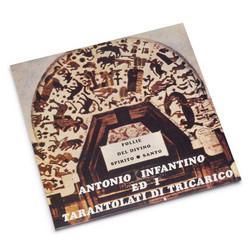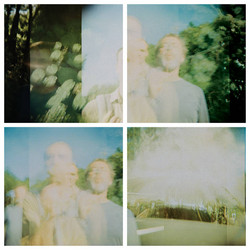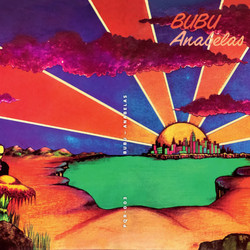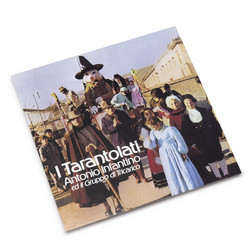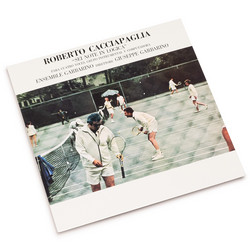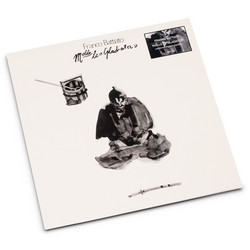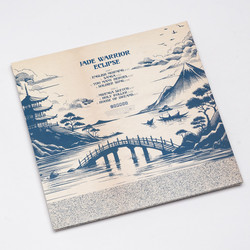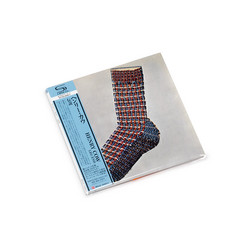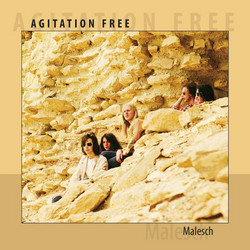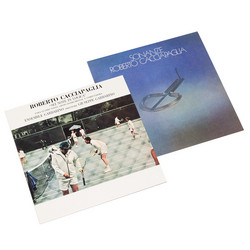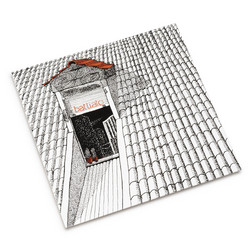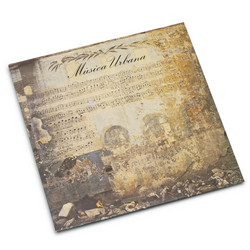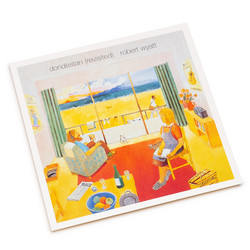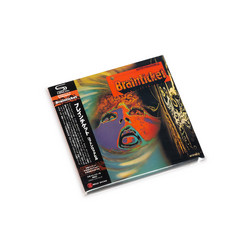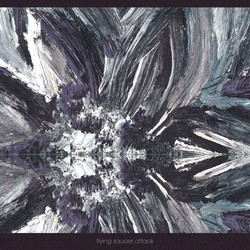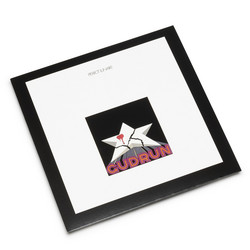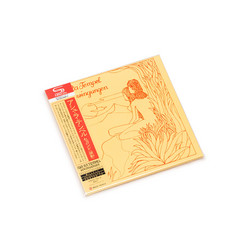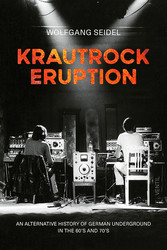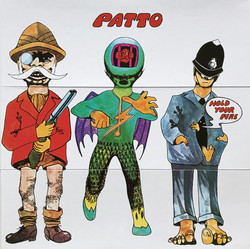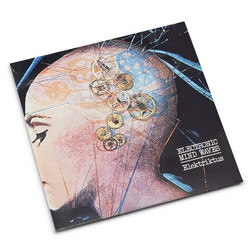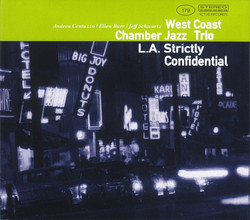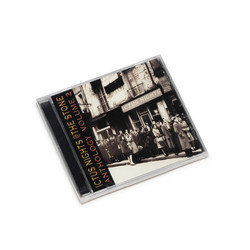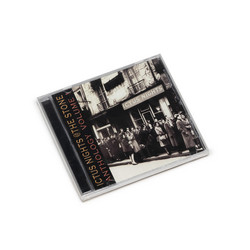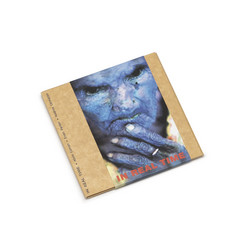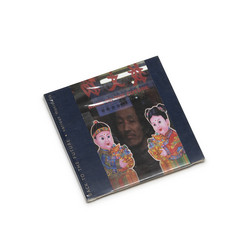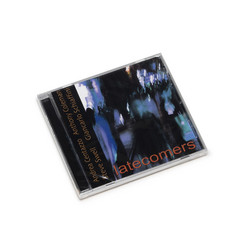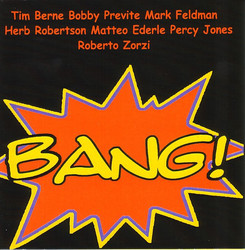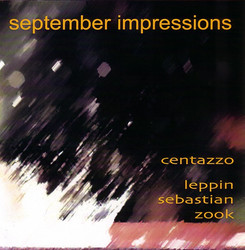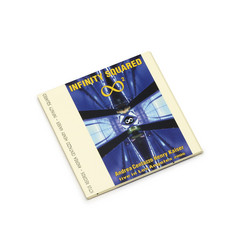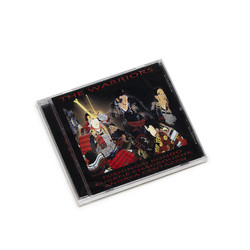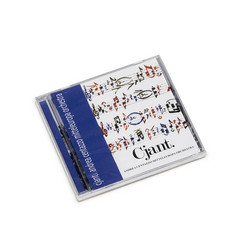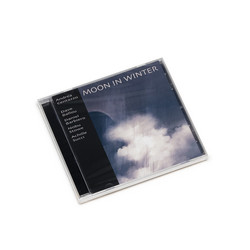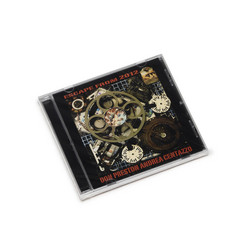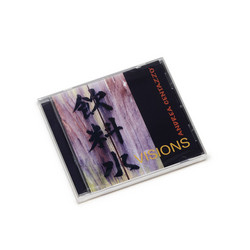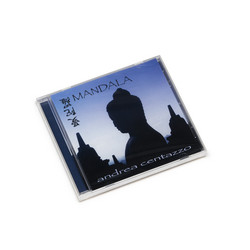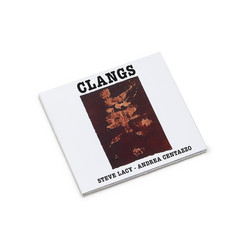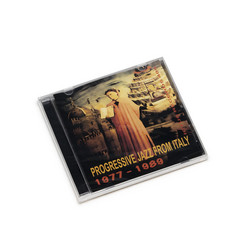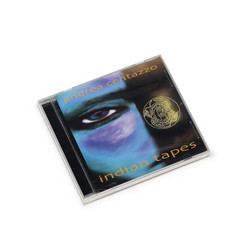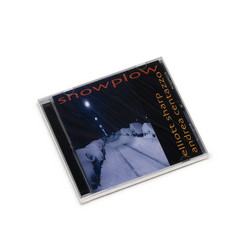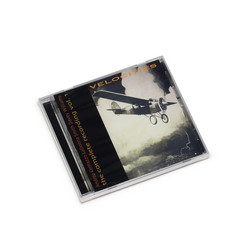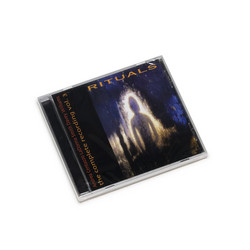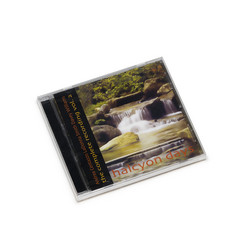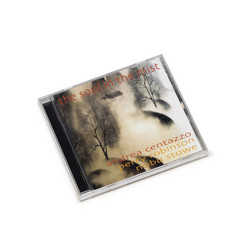The archive is not neutral. In 2019, Andrea Centazzo discovered unlabeled tape reels in his mother's attic in Udine - boxes assumed lost seven years earlier. What emerged from these deteriorating reels, transferred by engineer Sergio Tomasini during COVID lockdowns, was unexpected: unreleased recordings from the original Elektriktus sessions of 1973-76, alongside other archival materials including previously unknown collaborations with Steve Lacy and Evan Parker from the same period.
Centazzo's solution was conceptually elegant: add contemporary digital electronics to the original analog Elektriktus recordings, creating temporal palimpsest in which the seventy-something composer engages in dialogue with his younger self. Crucially, his fundamental approach hasn't changed. "Making a 10-minute loop meant playing and overdubbing for 10 minutes!" This rejection of computer automation, this insistence on the hand-played and physically executed, links 2025 to 1975 through continuous methodology.
Vol. 2 operates in complex register: contemporary electronics don't "update" the original recordings but exist in conversation with them. By overlaying 2025 digital work onto 1975 analog recordings, Centazzo creates proof that affinities between cosmic drift and percussive grounding were present in the original conception, waiting to be heard.
The reborn Ictus label presents both volumes as complementary documents: Vol. 1 preserving the original artifact in its analog integrity, Vol. 2 revealing latent possibilities through temporal superimposition. Together, they map territory that standard histories have overlooked - the Italian synthesis of kosmische consciousness and Mediterranean sensibility.
This temporal doubling produces music that is neither nostalgic recreation nor radical revision but something more complex - a conversation between past and present, between the composer who created these sounds in the mid-1970s and the artist who now understands their full implications. The phantom that PDU Records once denied a proper name finally speaks, twice, across fifty years.

